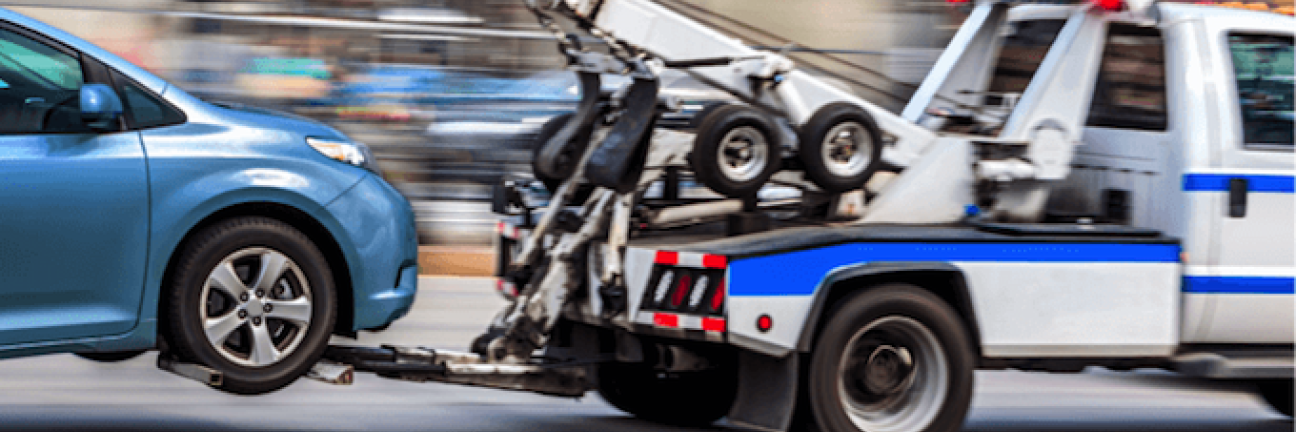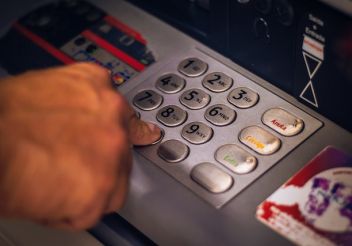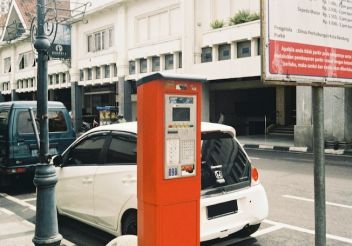What to Do If Your Car Is Towed in Paris
Getting your car towed in Paris can turn a day into a real headache. With fines piled daily and the risk of added complications, acting fast is crucial. Whether you parked in the wrong spot or were simply unaware of the city’s strict rules, this guide will walk you through everything you need to know to understand why your car was towed in Paris, how to retrieve it, and how to avoid future mishaps.
Why was my car towed?
Cars are towed in Paris for various parking violations. Here are the most common reasons:
- Incorrect or dangerous parking.
- Parking on sidewalks.
- Blocking reserved spots (e.g., handicap spaces).
- Double parking.
- Blocking garages or exits.
- Leaving the vehicle in a public spot for more than 7 days.
- Obstructing visibility at intersections.
What to Do if Caught in the Act?
If you catch the towing process before the vehicle is removed, here's what you need to know:
1. Preventing the Tow:
If the tow truck hasn't arrived yet, you have the legal right to prevent the tow by paying 35€ in cash to the officer as an initial fee.
2. If a Wheel Boot is Attached:
You'll be fined an additional 7.60€ (35€ for the tow + 7.60€ = 42.60€).
3. If the Tow Truck Has Arrived:
You'll be charged 126€ immediately instead of other fines.
4. Once Towing Begins:
Do not try to stop the process. Interfering can result in:
- 3 months imprisonment.
- A fine of 3,750€.
- Loss of points on your driver's license.
At the moment of towing, an agent will document your vehicle's condition (a process known as "expertise"). This report will be vital if you suspect any damage caused by the tow service.
Costs to Recover Your Vehicle
Here’s a breakdown of towing-related costs (as of 2024):
- Wheel boot/immobilization fee: 7.60€
- Pre-operation fee: 15.20€
- Towing fee: 150€
- Daily impound fee: 29€
Daily Fines Increase Quickly!
Act promptly to minimize costs, as fines accumulate daily.
Steps to Retrieve Your Car
1. Verify the Tow
If your car is missing, contact the police immediately to confirm whether it was towed or stolen. You can also check online by entering your vehicle's registration number on the Paris Tow Services website or call the municipal police to confirm its location. By law, tow services must send you a certified letter within five business days detailing the reason for towing, the vehicle's location, and the steps to retrieve it. Acting quickly ensures you stay informed and can begin the retrieval process without unnecessary delays.
2. Obtain an Autorisation de Restitution
Before heading to the tow lot, you must visit a police station or municipal police post to get an "autorisation de restitution" (authorization to retrieve your car).
Documents You'll Need to Get Your Car Out Of Tow Lot:
-
Proof of identity.
- Vehicle registration.
- Driver's license (required as of December 1, 2016).
- Auto insurance.
3. Pay and Retrieve Your Vehicle
After obtaining the authorization, go to the tow lot as quickly as possible to reduce daily impound fees. Before leaving the lot, carefully inspect your car for any damage, and if you notice anything, take photos for documentation. This can be important if you need to contest damages later.
4. If There’s Damage
If your car sustained damage during the towing process, the tow service is legally responsible for the repairs. To dispute or contest the damages, reach out to the officier de ministère public (public prosecutor’s officer) with evidence such as photos or documentation to support your claim.
What to Do If the Tow Was Unlawful?
If you believe your car was towed without cause, contact the Commissariat in the arrondissement where the towing occurred. Provide any supporting documentation to contest the action.
Parking Tips to Avoid Towing
- Always check parking signs for restrictions.
- Avoid parking in reserved, prohibited, or dangerous areas (e.g., sidewalks, intersections, or double parking).
- If leaving your car for several days, ensure it’s parked in a permitted long-term parking area.
Related Resources:
Photo Credits to @DirectAuto



 Français
Français

















